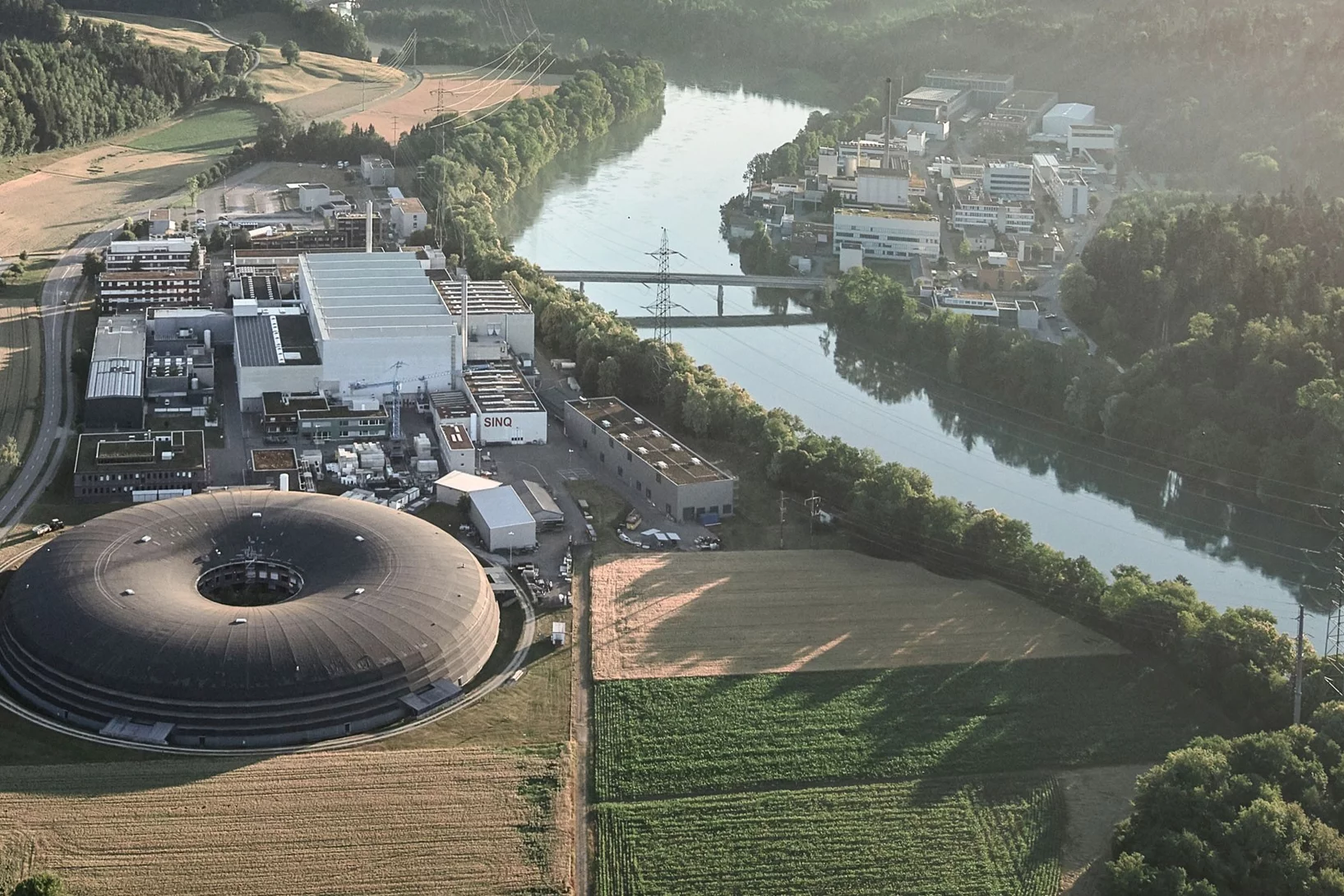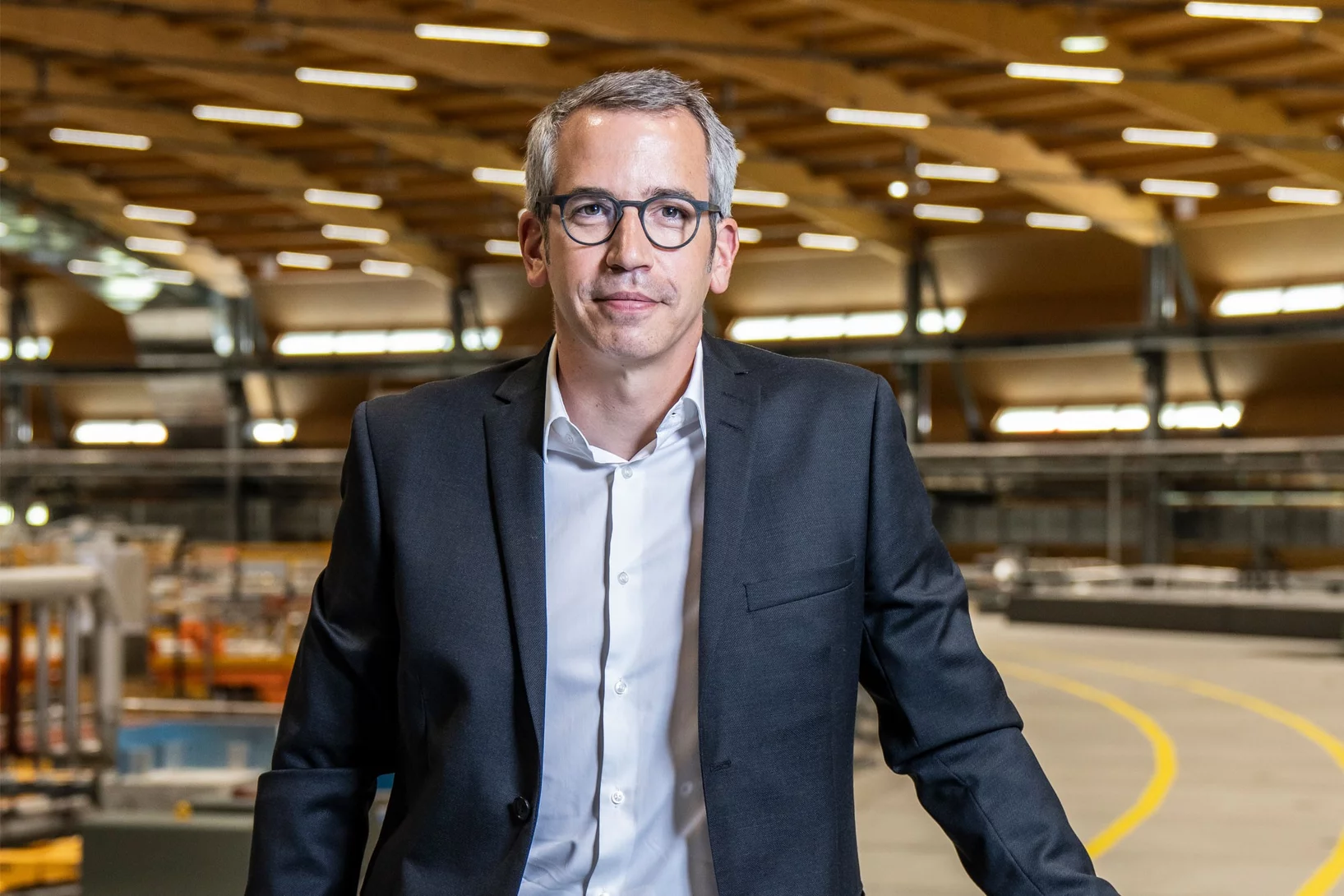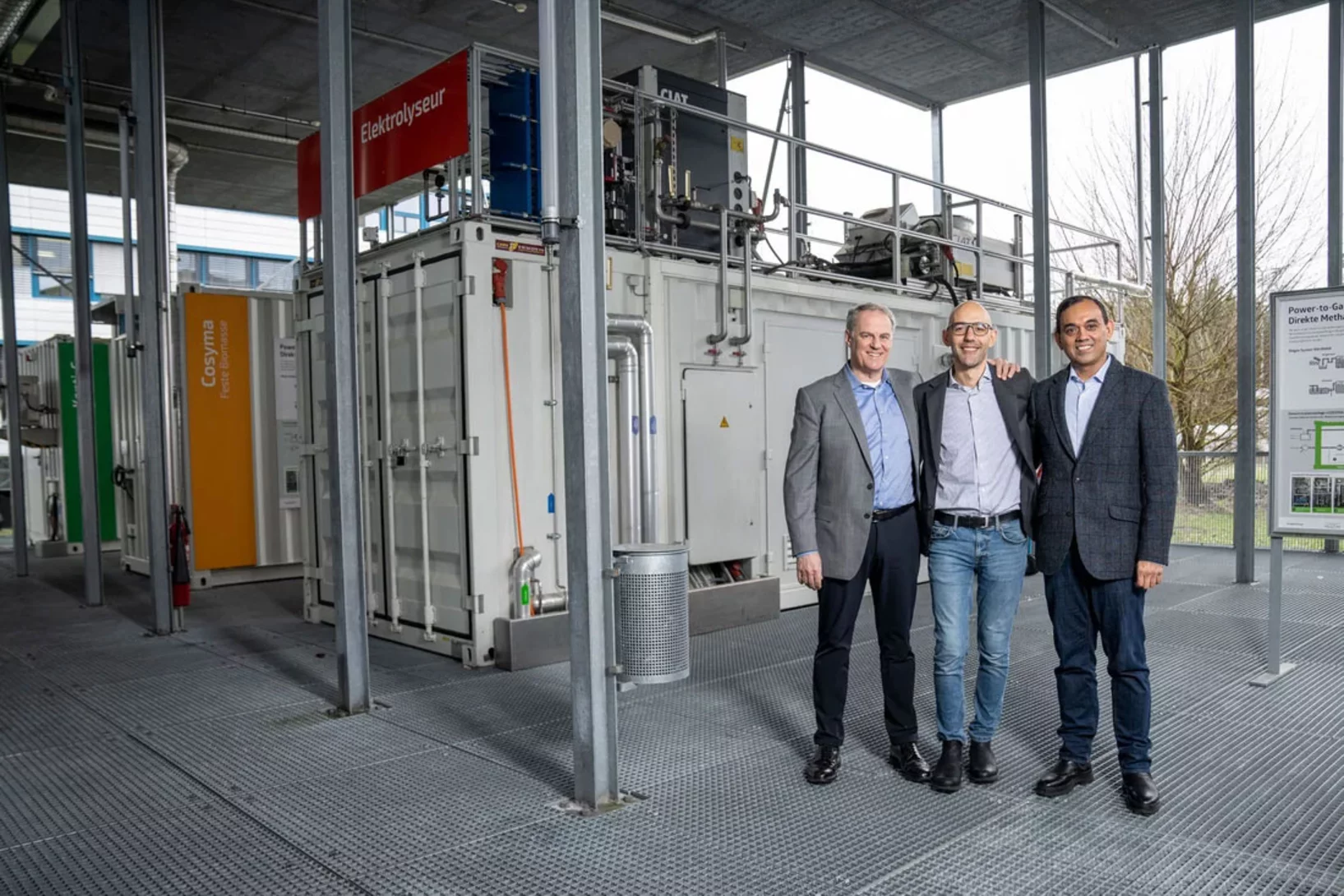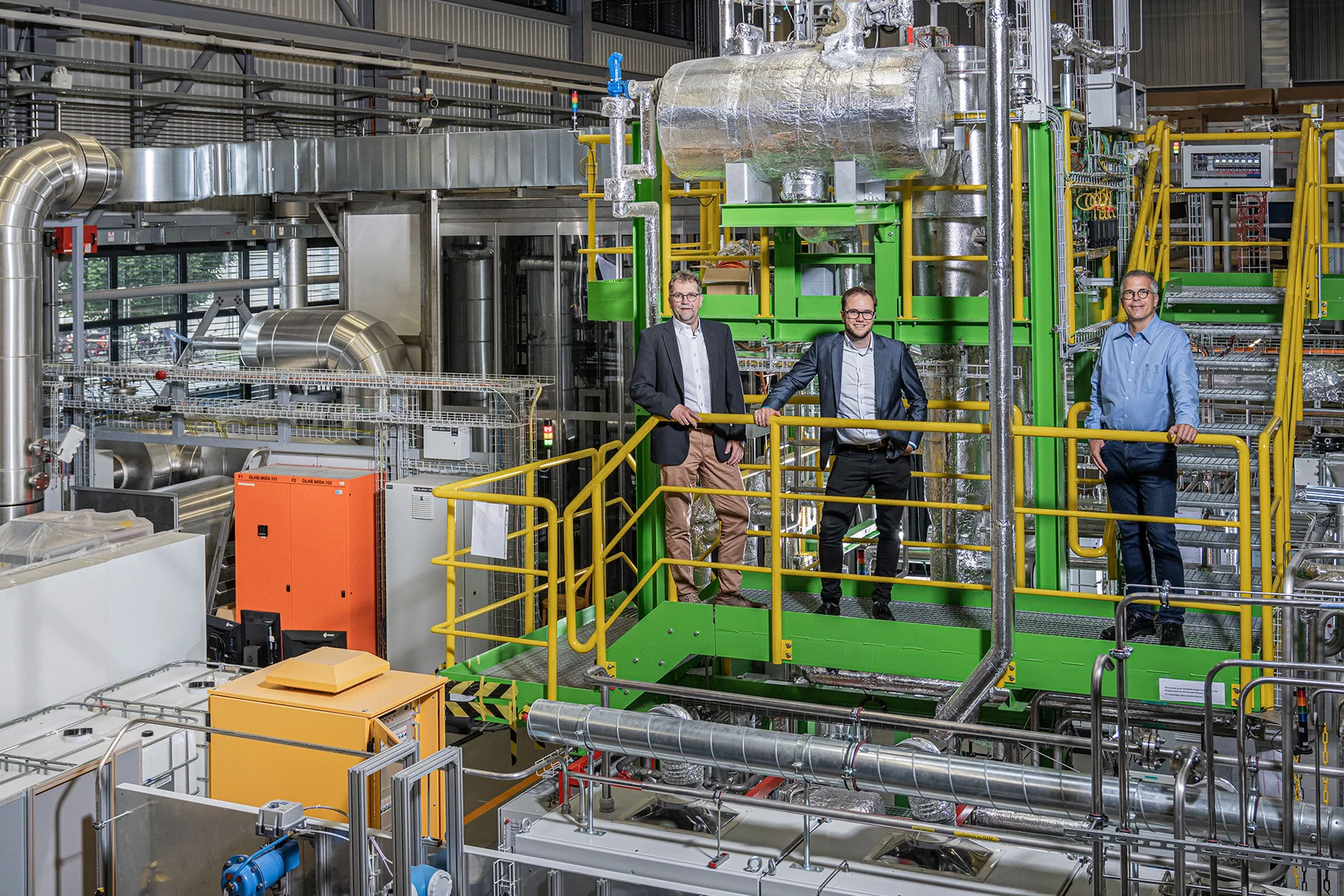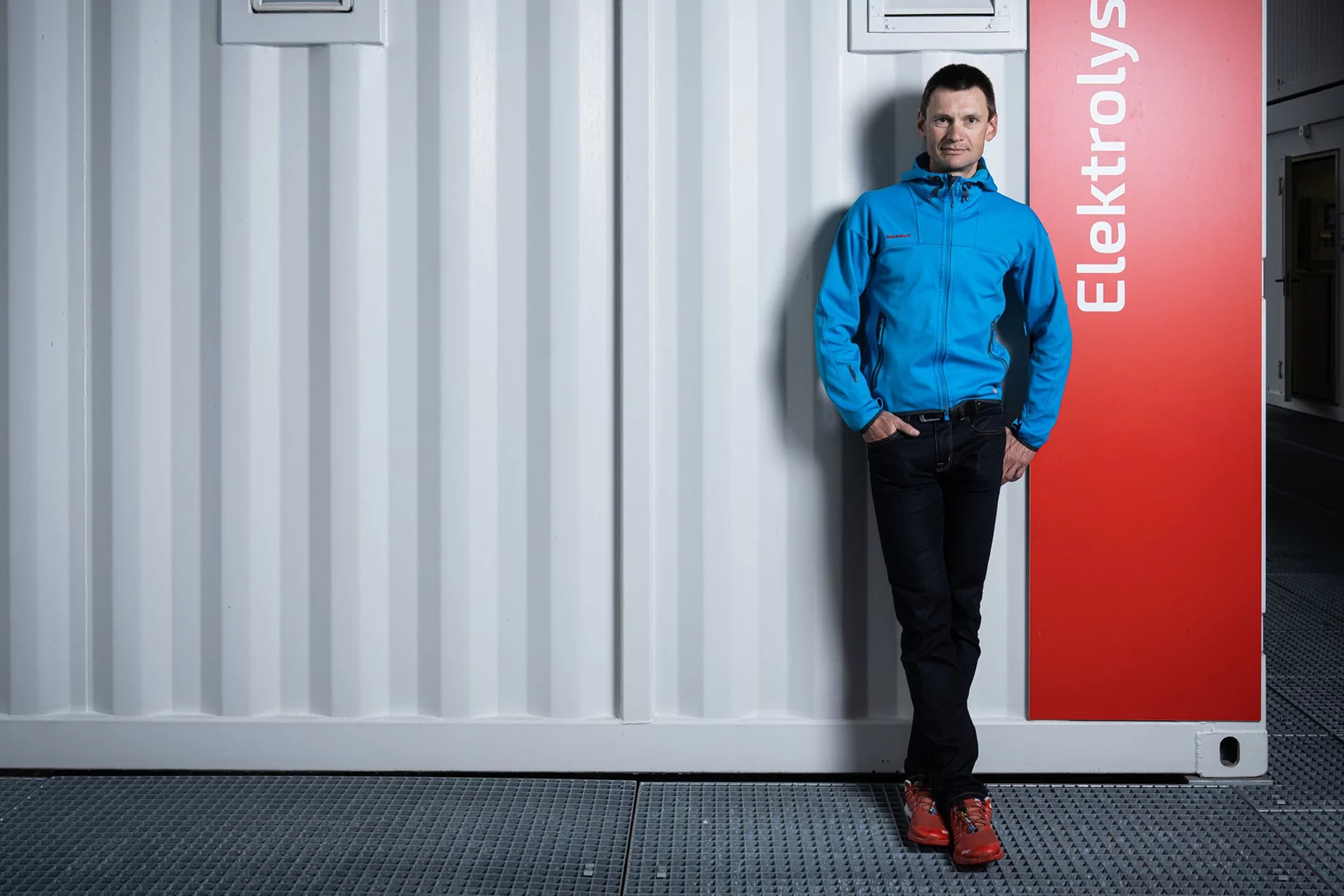Upgrade project SLS 2.0
The Swiss Light Source SLS has been in operation since 2001. Now this large research facility, unique in Switzerland, is getting an upgrade. Because science, technology, engineering, and data processing have advanced. After the modernisation project, called SLS 2.0, novel research and more precise investigations will be possible at SLS. With this technical overhaul, SLS remains in the top tier in comparison with other synchrotron light sources internationally. Funding for the project is provided within the framework of the ERI Dispatch 2021-2024.
SLS 2.0: “Dark time” during the upgrade
The SLS is shutting down temporarily as it undergoes a major upgrade.
PSI equips the Swiss Light Source SLS for the future
Green light for SLS 2.0: The planned upgrade of the Swiss Light Source SLS can proceed; the funding is provided for within the framework of the ERI Dispatch for 2021-2024, which has been approved.
Upgrade project IMPACT
The proton accelerator HIPA has been in operation since 1974. HIPA stands for High-Intensity Proton Accelerator. Thanks to constant maintenance and several expansions of the facility, the local beamlines and experiments have been the site of world-renowned, cutting-edge research for around five decades. To further invest in its strengths, a significant new upgrade is planned: IMPACT (Isotope and Muon Production with Advanced Cyclotron and Target Technologies). This consists of two parts: HIMB (High-Intensity Muon Beams) and TATTOOS (Targeted Alpha Tumour Therapy and Other Oncological Solutions).
IMPACT: Upgrade at PSI research facility approved
Financing for renovations to PSI’s proton accelerator facility has been approved by the Swiss Parliament.
Test platform ESI
Step by step between now and the year 2050, the Swiss energy system is set to be overhauled. The federal government's package of measures known as Energy Strategy 2050
provides for a shift away from nuclear power. Energy consumption is expected to be reduced. New renewable sources such as solar energy, wind power, and energy from biomass should be expanded, and existing resources will be better utilised. With the Energy System Integration or ESI Platform, the Paul Scherrer Institute PSI offers research and industry a experimental platform where promising approaches can be tested in all their complex connections and interrelations.
A greener alternative for aviation fuel
Air travel with no carbon footprint – PSI and the Metafuels AG develop a new technology to produce sustainable aviation fuel.
Combining forces for the energy transition
The Paul Scherrer Institute PSI and the start-up AlphaSYNT are piloting a new approach for storing energy in the form of methane gas.
Blue hydrogen can help protect the climate
The key is to eliminate methane leaks.
Green fuels for aviation
In a new initiative, PSI and Empa want to jointly develop a process for producing kerosene from renewable resources.

